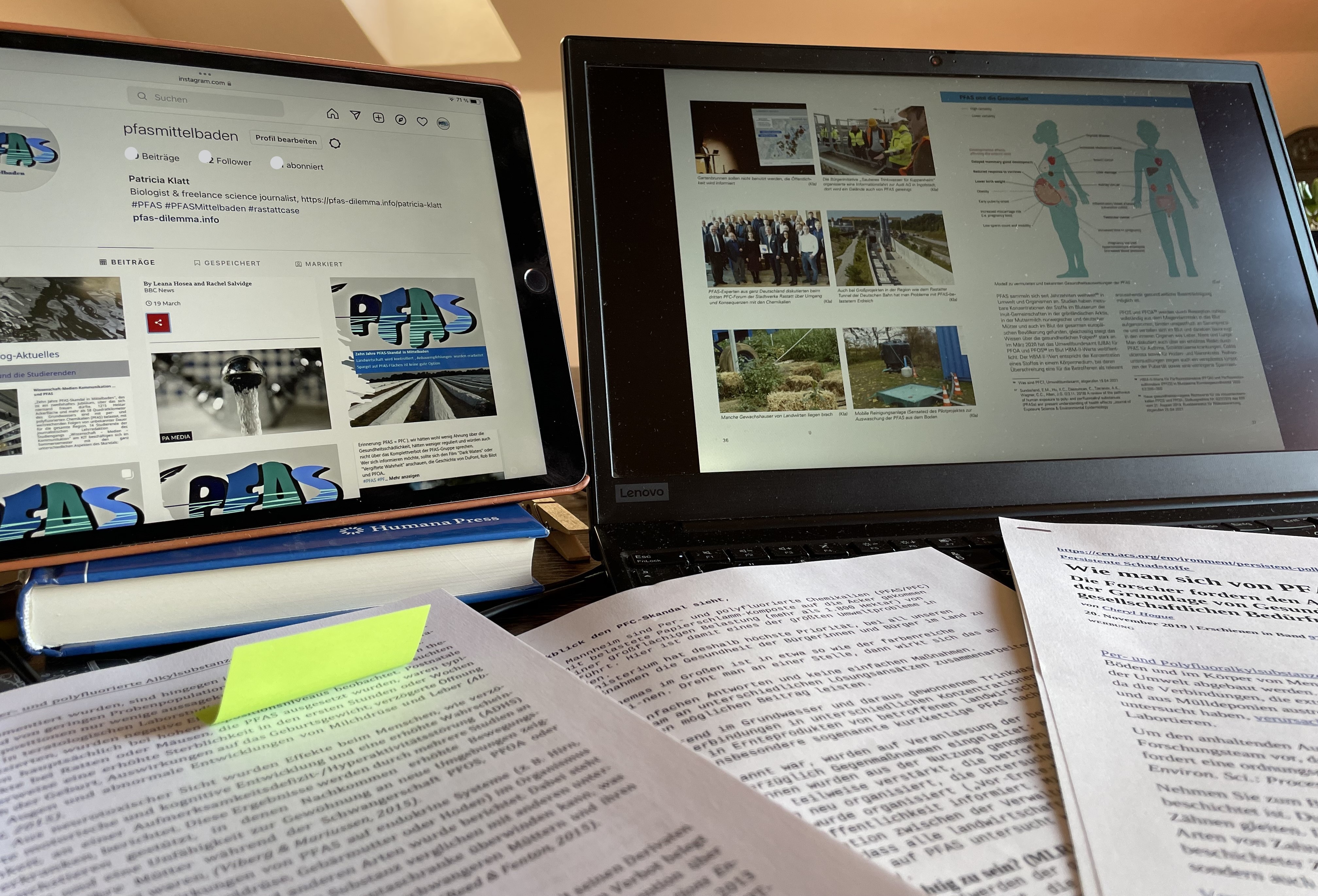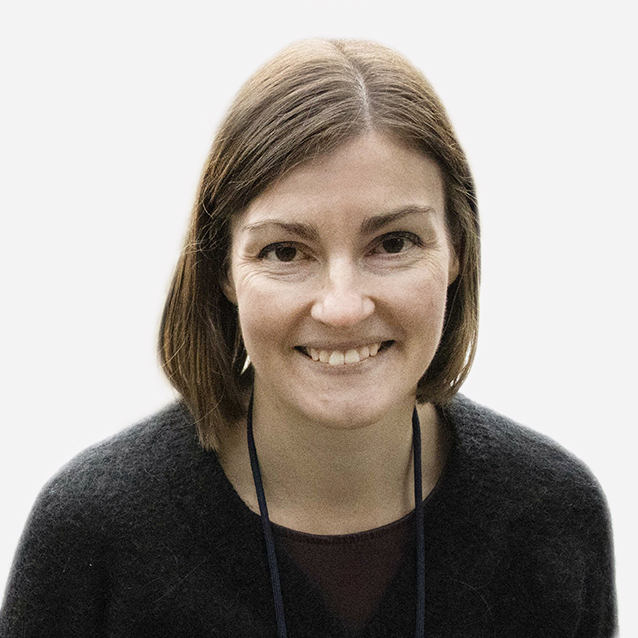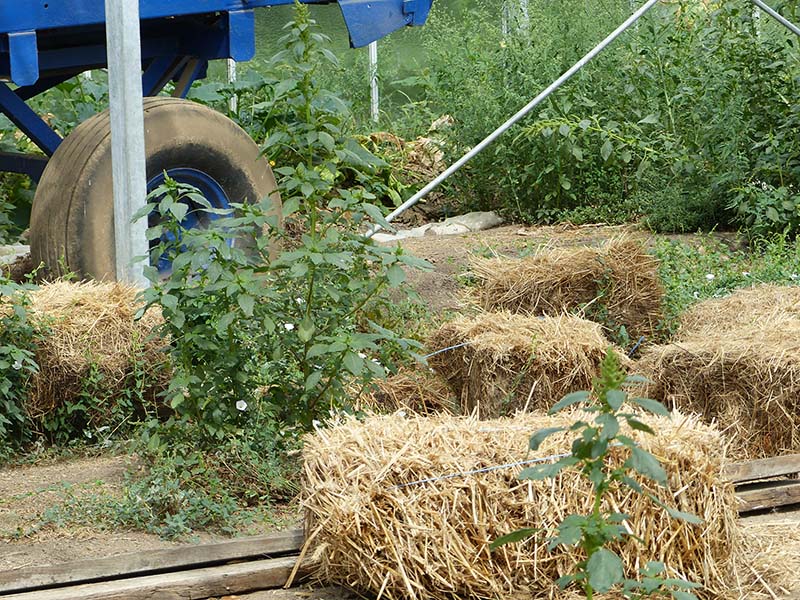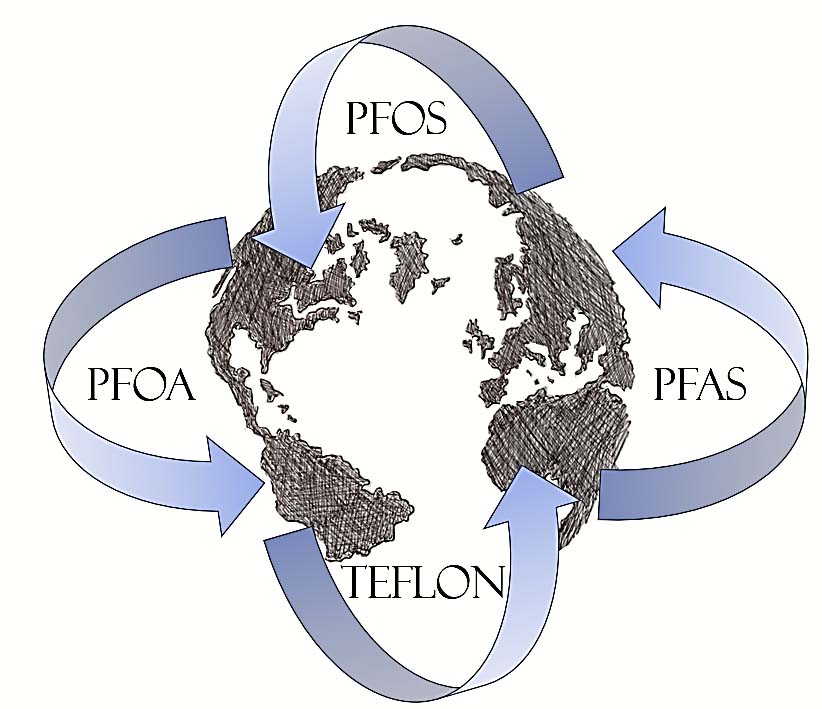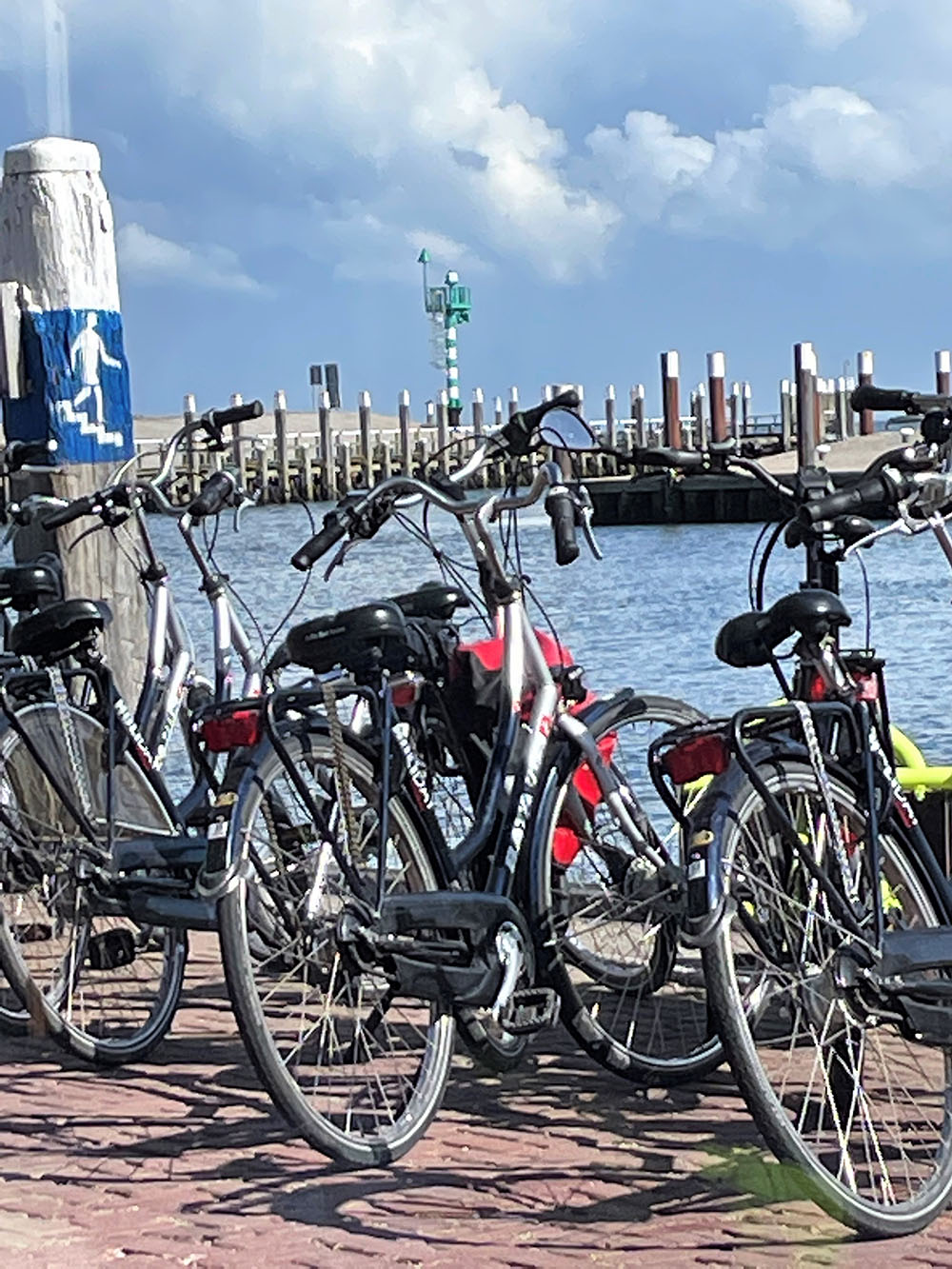European research and „Mittelbaden's PFAS water"
The European research project "Zero Pollution of Persistent, Mobile substances (ZeroPM)" aims to prevent the input of PM substances into the environment, to prioritize particularly problematic substances and substance groups and to provide removal solutions for them.
ZeroPM aims to create political, technological and market incentives to minimize persistent and mobile chemicals such as PFAS (ZeroPM, the PFAS universe) in the environment. In Germany, the Federal Environment Agency, the Fraunhofer Institute for Toxicology and Experimental Medicine (ITEM) and the Technology Center for Water in Karlsruhe (DVGW-TZW) are involved in ZeroPM.
It is led by the Norwegian Geotechnical Institute (NGI) with Dr. Sarah Hale as Project Coordinator and Prof. Hans Peter Arp as co-coordinator.
Sarah Hale kindly answered my questions about the PFAS and the Rastatt case:
Sarah, what‘s your assessment of the "Rastatt Case", since the PFAS contamination is after all not only very large, but since we also have the dubious pleasure of having a particularly complicated PFAS/precursor mixture in the soil, which (will) lead to a persistent contamination with PFAS in the groundwater.
In Europe and in the PFAS research world this is a "famous" case you could say. The problem of the application of contaminated sludge is also not unique to Europe - actually we have some researchers in ZeroPM who know of similar case studies in America. Its not only the environmental issue that is a concern but the social issue for the area. This is something we also want to look at in ZeroPM as we will look in to the sustainability of the solutions we test considering different elements.
ZeroPM's approaches are: Prevent, Prioritize and Remove, do you think it will be possible to develop groundwater remediation methods that are economically feasible on a large scale, even in cases like the one in Central Baden?
This is most defiantly the goal, yes. The methods that we test in ZeroPM should be applicable for different sites and as we are looking at them from a holistic point of view finding something that is economically feasible should be possible. What we aim to do is compare techniques using methods such as life cycle assessments (LCA) in order to find what is best when we take cost, as well as performance, into consideration .
We will also aim to avoid what we have termed "regrettable remediation" where we carry out unfocused remediation efforts. By this I mean we will not try to clean up the final few ng of PFAS in water if it costs 100s of 1000s of Euros - this is not cost effective. We will make sure we focus our efforts on both prioritized substances as well as sites.
And how did it come about that DVGW-TZW and also the District Office became part of this overarching European project?
NGI have been working with DVGW-TZW for a long time (since 2016) in a few projects for the Federal Environment Agency related to PMT/vPvM substances. You may be aware of the work NGI and UBA have produced and the current discussion around the PMT/vPvM substance criteria threshold and their implementation in the CLP regulation and the REACH regulation. So the long standing collaboration was what led to their involvement as WP (working project ) leader. In addition, we were keen to find sites that we could work at where there would be a real benefit for the affected communities and Rastatt is clearly such a site. DVGW-TZW used their contacts to involve the district office - they have short lines of communication and the office was very pleased to be involved.
We plan technology demonstrations at three test sites we will work at in ZeroPM in the years to come and we would like close engagement of the stakeholders in our work as this is how we bring the research and its results in to the world for the benefit of others.
ZeroPM is good at public relations, be it on twitter or with the youtube films. Other research projects communicate less, but for ZeroPM this is also an important factor, that's right? To make research understandable and comprehensible?
Yes, for ZeroPM it is very important that our results reach the general public as well as the policy makers. We want to try and educate people about the problem of PM substances in the environment but also show we are working towards solutions. Our solutions tackle the problem using prevention, prioritization and removal approaches because it is so important to interlink them to make a difference. We have partner with expertise in social science and another who is a NGO. Both are really well versed in making sure we get the message to the right people.
We know it is important to try and speak to people in the language that they understand – and this is not always the way in which I speak, but with so many excellent researchers on board we are confident we can make our messages understandable and comprehensible.
Sarah, thank you so much for this interview :)
see also:
https://zeropm.eu/2022/04/the-pfas-universe/
https://pfas-dilemma.info/aktuelles/39-pfas-und-zeropm
#PFAS #ZeroPM #DVGW-TZW #PFC #PFASMittelbaden
Übersetzung des Interviews: den link in google Übersetzer einfügen :)

